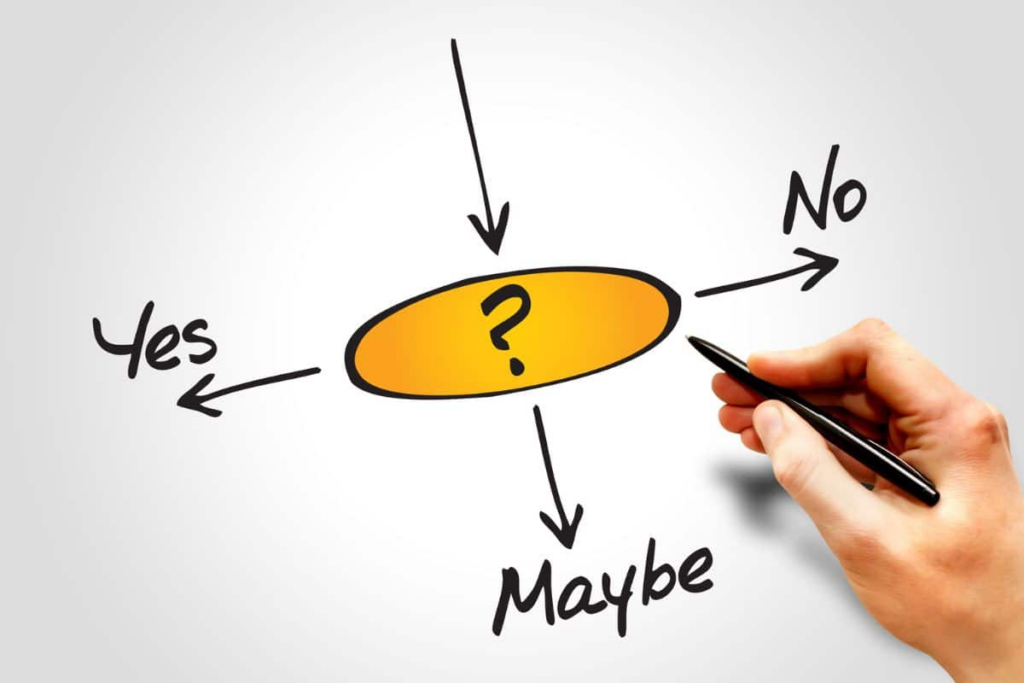
A highly successful entrepreneur told me the most crucial lesson he learnt about beginning and expanding businesses. Not the typical suspects. Great partners. Great teams. Great concepts. Capital access. Work ethic, dedication, fortitude.
Nope. His biggest lesson:
“That starting a successful business—much less running one—is something you can ‘figure out.’ That finding the correct model, framework, or system is enough to succeed. That you can forecast future technology, tastes, and yourself.
Even though everyone tries, you can forecast the future. My biggest lesson is to always remember:
“I’ll never know.”
Business experience teaches best.

Leaders must keep learning
After all, success is the best teacher, so that attitude seems falsely humble.
Experience and formal and informal education can make you “too smart” to examine your conclusions. A 2018 study found that high college admission exam scorers are less inclined to reflect on their mistakes. Doctors too. A 2005 Journal of Internal Medicine study found that doctors only correctly diagnosed two-thirds of difficult clinical cases. When the same physicians were asked to analyze their first diagnosis and investigate alternate possibilities—to pretend they didn’t know—their diagnostic accuracy increased by 40%.
Jeff Bezos. According to Bezos, a willingness to modify your mind—and so admit you didn’t “know” what you thought you knew—is a sign of high intelligence.
“The smartest people are constantly revising their understanding, rethinking a problem they thought they’d solved,” Bezos adds. They’re open to fresh perspectives, information, ideas, inconsistencies, and challenges to their beliefs.”

They wake up every morning thinking, “I don’t know,” and set out to learn. and then do it again tomorrow, letting new data, findings, trends, anything change their thinking.
Starting the day with “I don’t know” isn’t paralyzing. It empowers. Since he can’t know, Bezos makes the best decision he can with the information he has and leaves himself open to re-assessing, re-evaluating, and even reversing that decision.
That’s why Steve Jobs said knowing when to trust yourself can make a huge difference in your life: you can’t predict whether a decision, strategy, or approach will work, but you can know you’ll work hard to overcome the inevitable obstacles and challenges inherent in any worthwhile pursuit.
You did your best then.
That’s why Nobel Prize-winning economist and psychologist Daniel Kahneman says, “I’m willing to change my mind every five minutes when I find that there’s information that I didn’t have, no matter how strong the stand I took was, or how aggressive or even rude I was about that point.” If I’m mistaken, I’ll change my mind immediately.”
Uncertainty doesn’t preclude decision-making. Making several decisions is crucial for leaders and entrepreneurs. Remember that every decision represents a moment in time when you applied the model you choose to apply, anticipated what you felt confident you could predict, and believed you “knew” what you could know.
Wake up the next day and remind yourself that you don’t know, no matter how confident or certain you were. Thus, you will be open to fresh facts, recommendations, models, projections, and expertise.
Going wrong? Sadly, that’s the process.
Staying wrong isn’t necessary.
